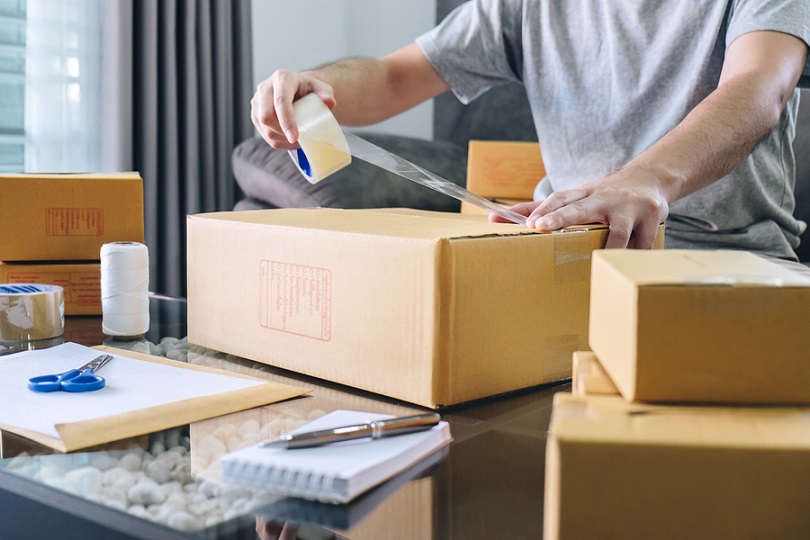“Major disconnect”: Retailers fail to meet customer expectations

A new report from fast-growing logistics platform Shippit has highlighted the failure of Australian retailers to take full advantage of omnichannel.
Aside from a handful retailers, such as Super Cheap Auto, Platypus and Cue, consistently making headlines for their investment into same-day click-and-collect and delivery, many retailers still don’t offer any form of click-and-collect, let alone same-day shipping, according to the report.
Shippit surveyed 2000 retailers across a range of categories, including fashion, footwear, health and beauty, homewares, department stores, food and beverage and more.
Of these, 1374 have one bricks-and-mortar store, and 84 have 20 or more stores. Roughly 40 per cent of the retailers surveyed have a website, with Magento, Shopify, WooCommerce and Salesforce being the most common e-commerce platforms used.
Only 110 retailers offer click-and-collect. This translates to roughly 13 per cent of those surveyed with a website. And only 47 retailers offer same-day shipping. This is despite the fact that 61 per cent of customers expect one- to three-hour shipping, the report found.
“This is a major disconnect considering 10 per cent of the Australian population aged 14+ have used an on-demand food delivery service, but they can’t receive their online orders within the same time frame,” Rob Hango-Zada, Shippit’s co-founder and CEO, said.
On the plus side, 873 retailers offer free shipping and 720 offer hassle-free returns. The average spend threshold for customers to qualify for free shipping is $100, with $50 being the lowest threshold and $500 being the highest.
The average time and cost of shipping is $9 for standard delivery (two days), $12 for express delivery (1.4 days) and $31 for same-day delivery (three hours).
But while retailers have made progress in offering free shipping, flat-rate and standard shipping at affordable prices, Hango-Zada says the infrastructure isn’t where it needs to be for retailers to succeed in the current environment.
“Retailers must start utilising their physical stores as local fulfilment centres if they want to keep up with the rise of the Uber economy,” he said.
Comment Manually
You must be logged in to post a comment.

No comments